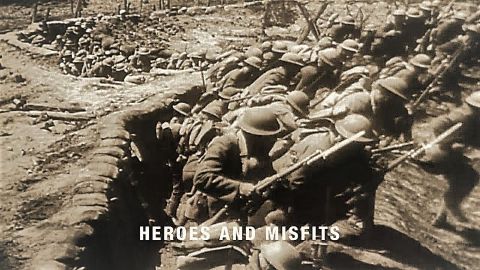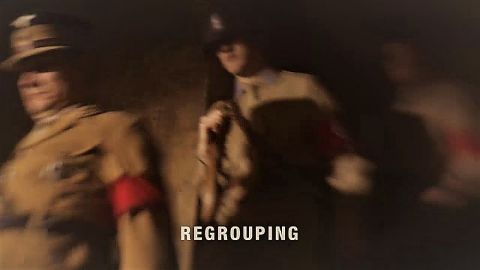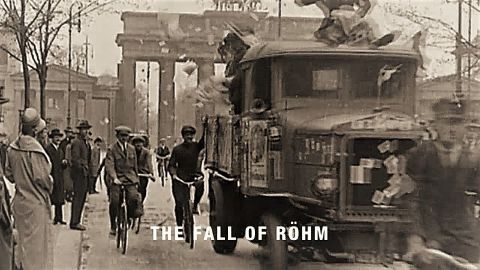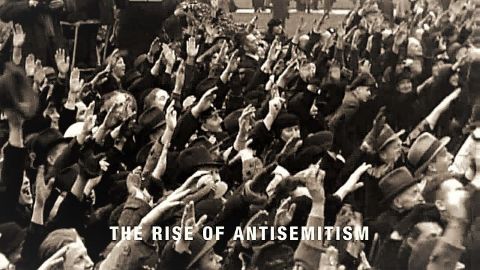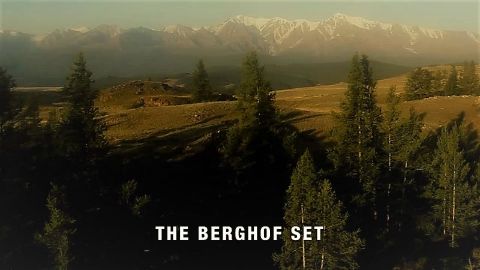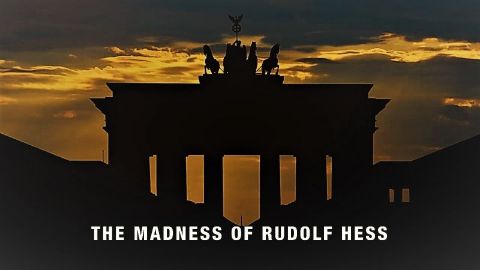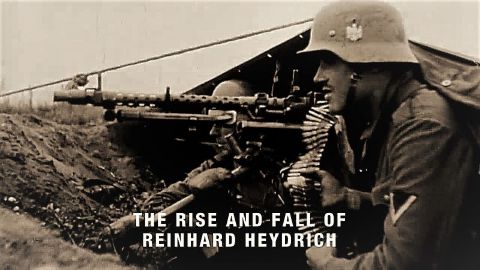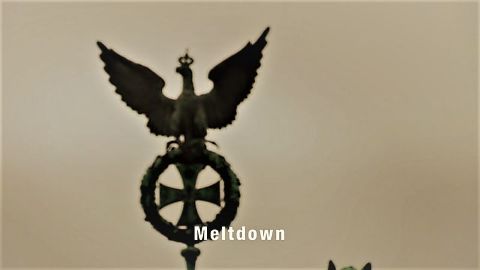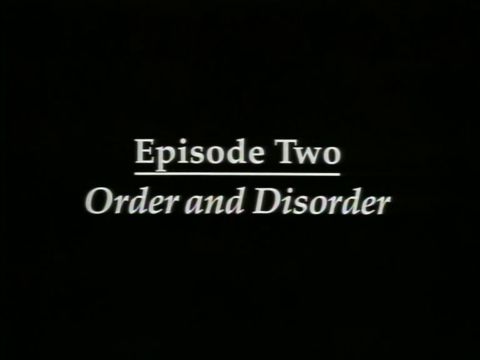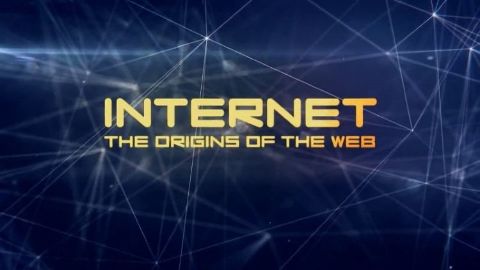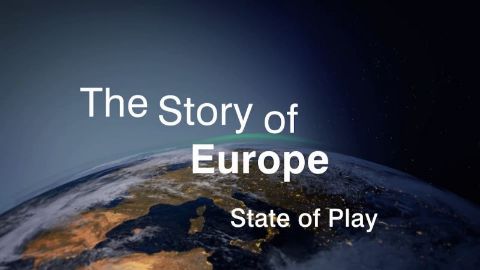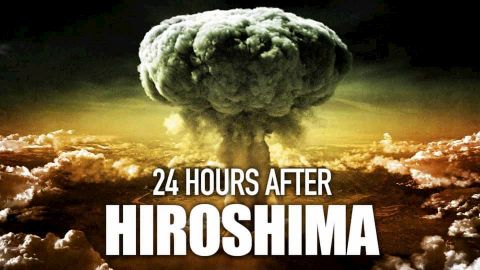Pompeii: The Last Day
Pompeii: The Last Day is a dramatized documentary that tells of the eruption of Mount Vesuvius, covering the Roman cities of Pompeii and Herculaneum in ash and pumice, killing everyone trapped between the volcano and the sea.
On 24 August AD79, the magnificent Roman cities of Pompeii and nearby Herculaneum came to a devastating end. In just 18 hours, the entire city of Pompeii and all its inhabitants were buried in volcanic ash. Pompeii - The Last Day tells the heart rending story of the last hours of both Pompeii and Herculaneum.Their story is told first-hand by those who witnessed the disaster, including a local politician and his family, a fuller, his wife, and two gladiators. Historical characters include Pliny the Elder and his nephew Pliny the Younger. Pompeii: The Last Day draws heavily on the eyewitness account of Pliny the Younger, as well as historical research and recent discoveries in volcanology.
This BAFTA nominated and Emmy Award winning drama is the ultimate disaster movie. It's Man versus Volcano - how the greatest civilisation in the world was brought to its knees by a deadly threat it knew nothing about. It s a true story and its significance today is that it could all happen again, much sooner than most people realise.
One of history's greatest stories, the destruction of the city of Pompeii was a natural disaster on an epic scale that has fascinated a succession of cultures around the world for centuries. The twin cities lay undisturbed under metres of volcanic debris for more than 1500 years, during which time all memory of them faded. The seal of wet ashes preserved public structures temples, theatres, baths, shops and private dwellings. The remains of some of the victims, including gladiators, soldiers, slaves and their masters, and entire families, were found in the ruins. Archaeological excavations only began in 1748 and have been continued since then. A massive area has now been excavated, however, even today more than a quarter of Pompeii still awaits excavation.
The Last Day is based on archaeological evidence and the writings of Pliny the Younger. The documentary, which portrays the different phases of the eruption, was directed by Peter Nicholson and written by Edward Canfor-Dumas. Extensive CGI was used to recreate the effects of the eruption. One of the greatest natural disasters - and most fateful days - comes to vivid life in this critically acclaimed dramatization.
Starring Jim Carter (Downton Abbey), and Tim Pigott-Smith OBE (King Charles III 2017, Victoria and Abdul 2017, Alice in Wonderland).
2003 •
History
